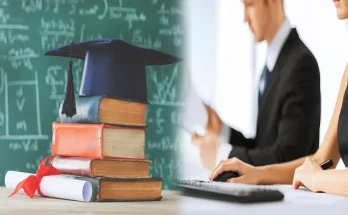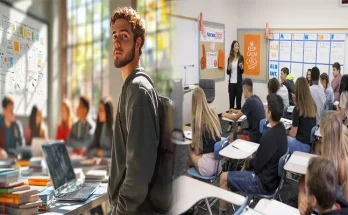In the realm of education, ensuring equal opportunities and access for students with disabilities is not just a moral imperative, but a legal one as well. Special education laws and rights are in place to safeguard the rights of students with disabilities and provide them with the support they need to thrive academically. Understanding these laws is crucial for educators, parents, and advocates to ensure that students with disabilities receive the education and resources they are entitled to.
Laws Protecting Students with Disabilities:
One of the most significant pieces of legislation in this area is the Individuals with Disabilities Education Act (IDEA). Enacted in 1975 and reauthorized in 2004, IDEA guarantees the right of students with disabilities to a free and appropriate public education (FAPE) tailored to their individual needs. This law mandates the creation of an individualized education program (IEP) for each student with a disability, outlining the specific services and support they require to access an equitable education.
Another important law is Section 504 of the Rehabilitation Act of 1973, which prohibits discrimination against individuals with disabilities in federally funded programs, including public schools. Section 504 requires schools to provide reasonable accommodations and modifications to ensure that students with disabilities have equal access to educational opportunities.
Key Rights of Students with Disabilities:
Under IDEA, students with disabilities have several key rights that are essential to their educational experience. These include the right to an evaluation to determine eligibility for special education services, the right to participate in the development of their IEP, the right to receive services in the least restrictive environment possible, and the right to procedural safeguards to ensure that their educational rights are protected.
Additionally, students with disabilities have the right to access appropriate accommodations and modifications based on their individual needs. These accommodations may include specialized instruction, assistive technology, speech therapy, occupational therapy, or other related services to support their learning and development.
Ensuring Compliance and Advocacy:
While special education laws provide crucial protection for students with disabilities, ensuring compliance with these laws can be complex and challenging. It is vital for educators, administrators, and parents to be knowledgeable about the specific rights and entitlements of students with disabilities under these laws. Schools are responsible for adhering to legal requirements, and parents and advocates play a crucial role in advocating for their children’s rights.
Advocacy for students with disabilities often involves working collaboratively with school personnel to develop and monitor the implementation of IEPs, ensuring that students receive the services and support outlined in their plans. Additionally, parents have the right to request mediation or due process if they believe that their child’s rights under IDEA or Section 504 are not being upheld.
The Evolving Landscape of Special Education Laws:
As our understanding of disabilities and best practices in education continues to evolve, special education laws also undergo changes. It’s essential for all stakeholders to stay informed about developments in special education legislation, as well as relevant court decisions and interpretations that shape the implementation of these laws.
Special education laws and rights provide a framework to ensure that students with disabilities have access to the education and support they need to reach their full potential. By understanding and upholding these laws, educators, parents, and advocates can collaborate to create an inclusive and supportive educational environment for all students.





